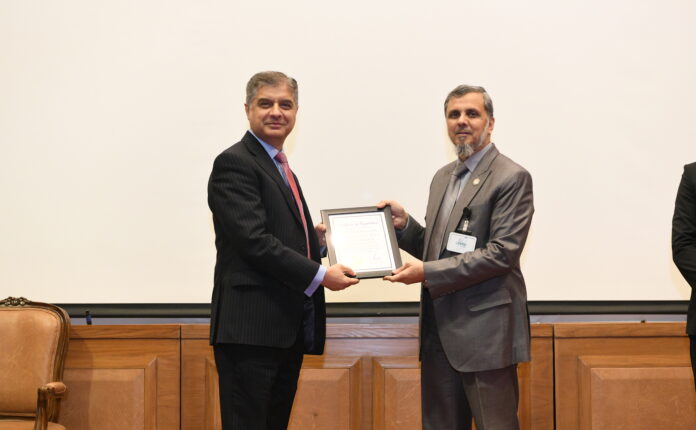BRUSSELS – EU lawmakers have gone some way to satisfying pharmaceutical industry concerns over exclusivity periods for new drugs after reaching a compromise on the biggest overhaul of EU pharmaceutical rules in 20 years, a parliamentary proposal showed.
The European Parliament’s committee is due to vote on its position on March 19 before a plenary vote on April 11.
The legislation, proposed by the European Commission in April last year, aims to reduce the time it takes to approve new drugs, boost the production of drugs against antibiotic-resistant bacteria, improve patient access, and “future-proof” the rules to be taken into account. technological leaps like artificial intelligence.
The European pharmaceutical industry was critical of the proposal. The Brussels-based industry group, EFPIA, has warned that it risks accelerating the decline in innovation and research on the continent, already at 25%. At issue is the new linking of the drug’s exclusivity period with access in all 27 member states, where the length of approval can vary from year to year.
In a draft compromise seen by Reuters, committee members agreed to increase basic data protection to 7.5 years, with an extra year of incentives if the drug meets “unmet medical need” and if clinical trials are conducted in the EU.
The company would also receive three years of market protection against generics, with a maximum total exclusivity period of 11.5 years, slightly less than the 12 years proposed by the Commission.
Also read: Meat essential for warding off depression, anxiety
Parliament’s position would further shift the burden of bringing a new drug to market on member states, which would have to request the new drug first, instead of obliging the company to start the process in 27 countries at once.
For rare diseases – which are very rare and therefore less immediately lucrative for the pharmaceutical industry – the basic exclusivity would be nine years, unchanged from the Commission’s proposal, and 11 years if the new drug meets an unmet medical need, the Commission’s proposal for 10 years.
To make the legislation “future-proof” against technological advances, the committee would leave a so-called “regulatory sandbox” designed by the Commission with additional safeguards.
“Regulatory sandboxes can provide… a structured context for experimentation, possibly enabling real-world testing,” the paper says, “especially in the context of digitization or the use of artificial intelligence and machine learning.”
EU member states are lagging on the mega proposal and discussions on exclusivity and incentives will not begin until next week.







